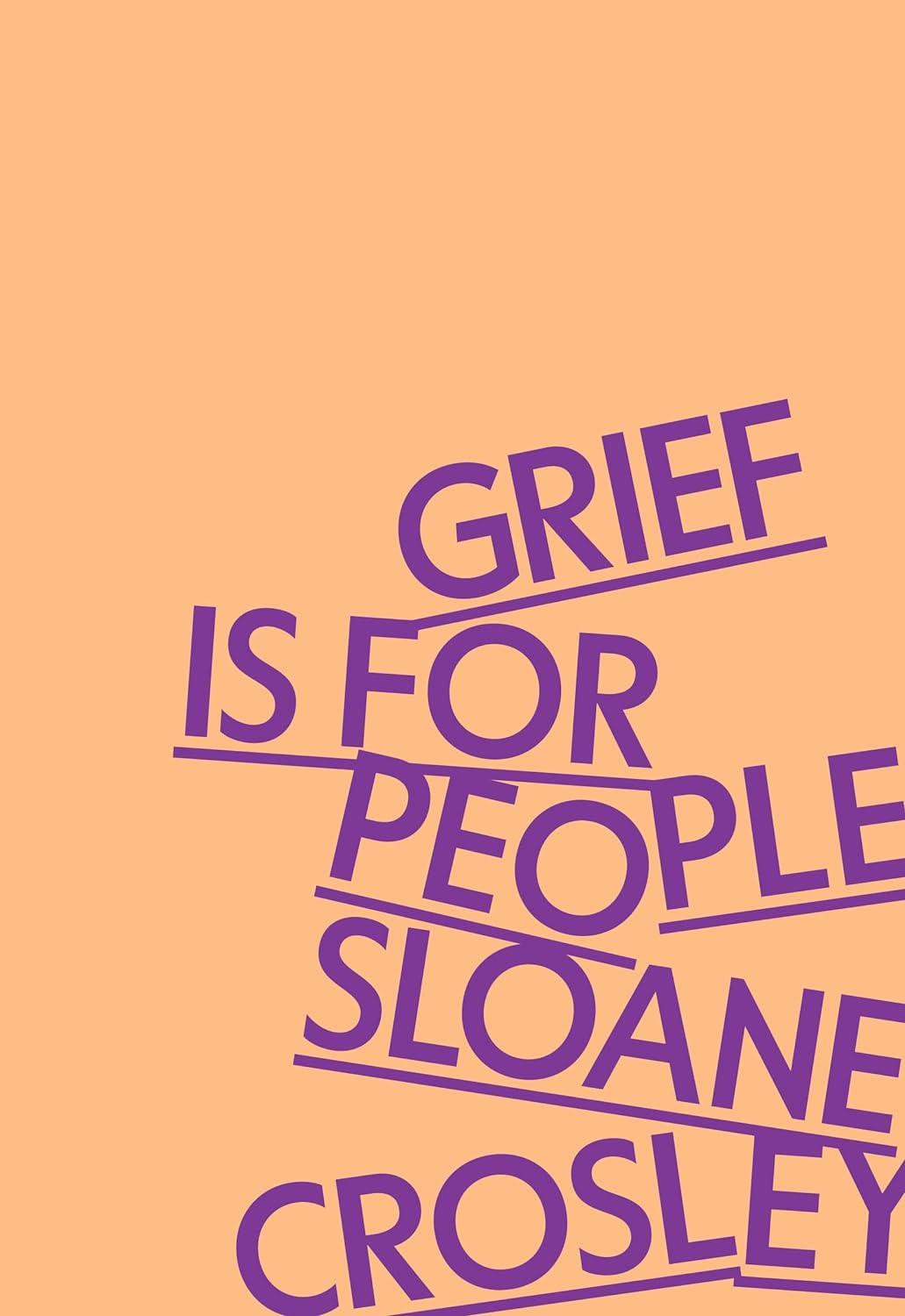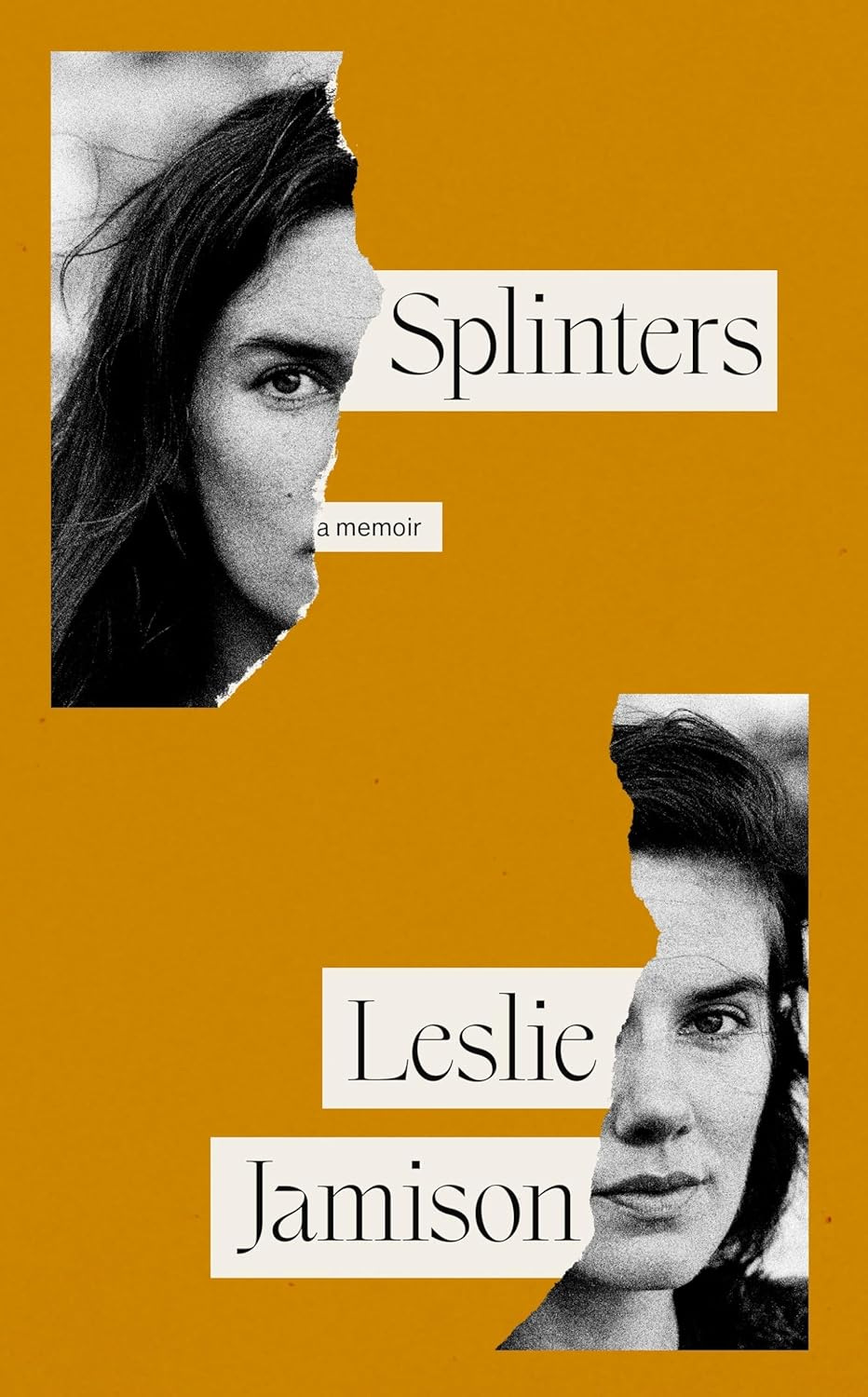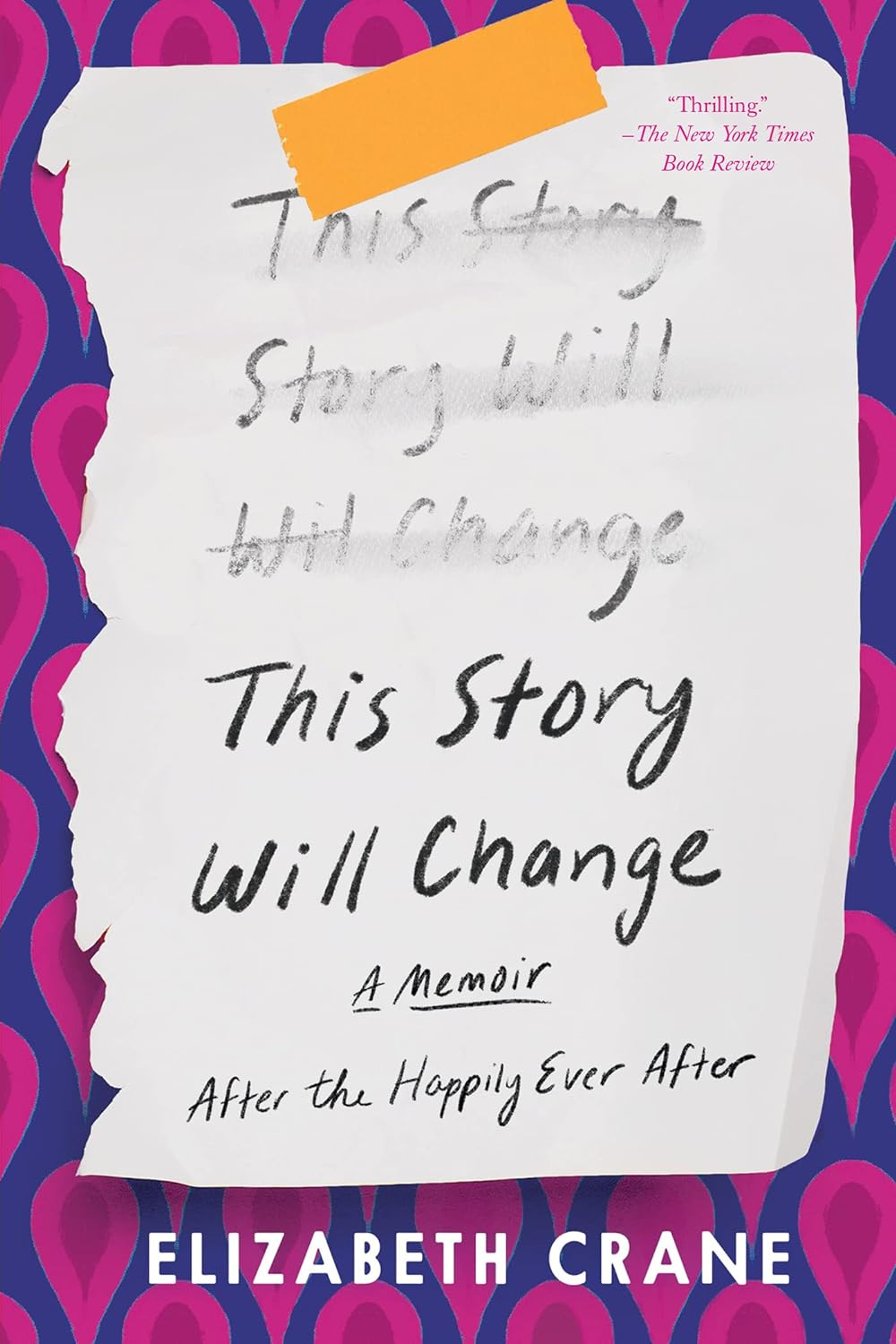Two Great Memoirs to Wrap Up Your Summer
After a couple of meh-moirs, I was beginning to think all was lost, until two books reignited my love for the genre.
Grief is for People (2024)
by Sloane Crosley
Billed as one of the most anticipated books of the year, Sloane Crosley’s Grief Is for People frames loss through two unrelated but temporally connected incidents: a burglary and her best friend’s suicide. While Crosley is an undeniably talented and witty writer, I never felt that page-turning excitement elicited by other favorites.
Her friend’s name was Russell Perreault and he ran Vintage Books, the paperback imprint of Penguin Random House where, for some time, he was also Crosley’s boss. He possessed a wicked intellect and impish sense of humor. One time, Russell emailed Crosley from a fake email address, posing as her cat: “Mommy, why didn’t you come home last night?”
But since Crosley is not a family member, she neither has access to details nor feels it is her place to speculate about Russell’s death, and his suicide remains a mystery. She can’t even bring herself to ask where his ashes are. That may be the appropriate position, but it complicates writing a story about losing him. Instead, she recounts her dreams: “They are the only way to get him to say new things.”
I did appreciate Crosley’s wit, like when she discovers her stolen jewelry has been posted on e-Bay. An ex-CIA friend-of-a-friend offers to help:
“I’m happy to wait outside their house,” he says. “We know how to deal with this sort of element. The trick is to catch them doing it again.”
I posit that selling items online would look like a person typing.
Although this book had some redeeming qualities, it did not rise to memoir of the month.
Splinters: Another Kind of Love Story (2024)
by Leslie Jamieson
Splinters is Leslie Jamieson’s memoir about being a writer and new mother soon after divorce. The divorce is opaque and we learn next to nothing about her ex-husband or their relationship. Instead, most of the book details the “miracle” that is having a baby.
…my daughter’s milk breath came in puffs against my cheek…
…Our warm den of lush milk nights and rumpled clothes, chapped lips and soaked bras…
Besides there being entirely too much content on babies eating, babies pooping, and babies crying, I felt like I was reading this happened, then that happened all while waiting for Jamieson to tell me why it mattered.
If you’ve read Jamieson’s other books (The Recovering or The Empathy Exams) and her style appeals to you — she has been compared to Joan Didion — you might like Splinters, but it wasn’t for me.
Consent (2024)
by Jill Ciment
Just when I thought all was lost, temperatures reaching into the mid-90s with no good books on the summer horizon, I came across Jill Ciment’s Consent about her relationship with an art instructor that started when she was 17 and he was 47. Their marriage lasted 45 years, until his death at 92.
She’d written another memoir about their relationship called Half a Life back when she was in her forties. A summary of that book from her website says, “…she cheated her way into art school, and seduced and eventually married her art teacher, a married man thirty years her senior.”
In Consent, she reconsiders her role. Did she really seduce him? Was that even possible at 17? Only once he was gone could she attempt to discover the truth without the fear of hurting his feelings. She reflects on what she’d written, or in this case left out of, her first memoir:
Erotic love requires the bodies be present, yet the only description of what middle age had been up to with his body was the loose skin around his neck, and I remedied that by having him wear a T-shirt.
Where are the loving descriptions of his body, the object of my mad desire?
With her husband out of the picture, she is free to see their relationship in a more objective light and question the story she’d told herself for over four decades. A must read!
This Story Will Change (2024)
by Elizabeth Crane
Elizabeth Crane’s This Story Will Change: A Memoir After the Happily Ever After is another bright spot in the genre. Written mostly in third person, Crane details “the wife’s” (her own) fifteen-year relationship with “the husband” and being knocked off center when one day, out of the blue, he tells her he is not happy.
These words [I’m not happy] that have been said millions of times by millions of partners since words themselves existed, three words that a year later, having been replayed in my head countless times, never fail to leave me as breathless as I am in the moment he says them.
The reader is shocked because the husband has always said he will never leave. He loves her madly. He makes things with his hands and gives them to her. He fixes the house. But now he has a crush on someone else.
The wife has, of course, met the crush. She details the meeting in a half-page chapter called She Brought a Big Fish about one night the husband and wife had people over to their house to watch a movie. Although unimpressed by the woman who brought the fish, the wife knew something was amiss.
The reader is forced to consider her own marriage and how this could happen to anyone, anytime, anywhere. The reader is sufficiently freaked out and finishes the book in two days.








Love this roundup! I was curious about the Jill Cement memoir and had not heard about Elizabeth Crane's, which sounds like a must-read. Thank you for the (trusted) recommendations!